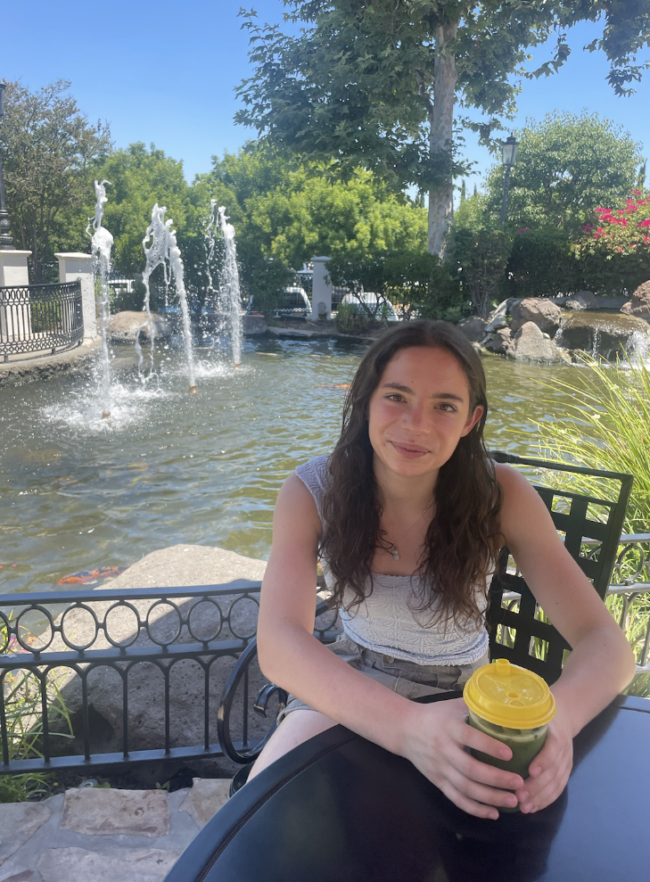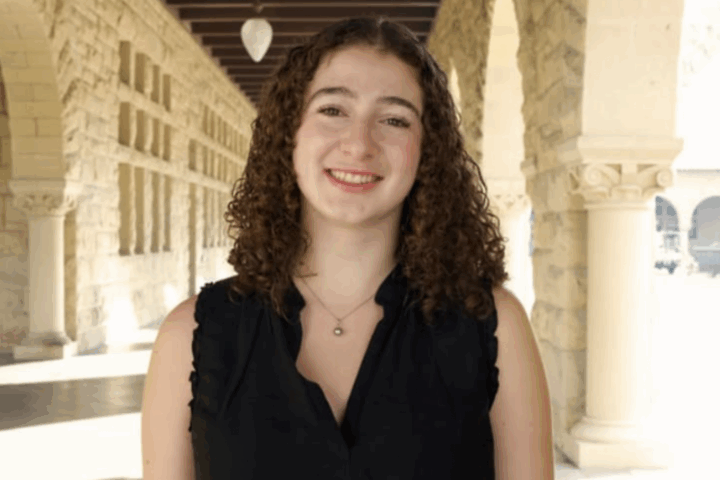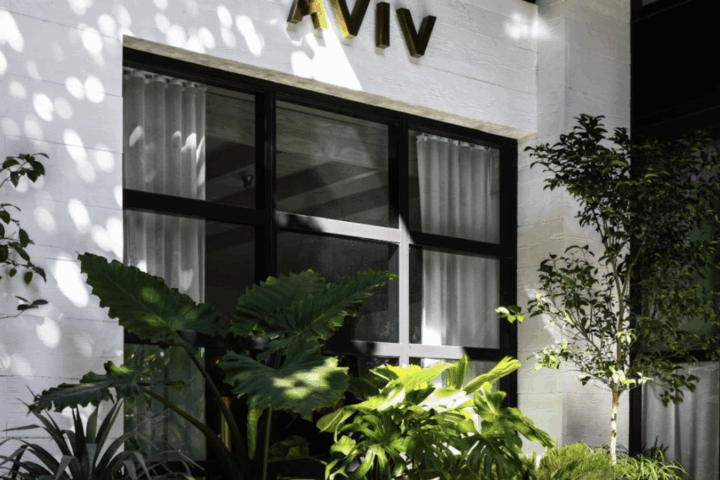In a world where female voices in STEM are often overlooked, Form V student Eve Kaplan works with MAGIC (More Active Girls in Computing), a women-run one-on-one mentoring organization, to empower teenage girls in the male-dominated field. Under guidance from their designated mentor, mentees delve into their STEM passions by working on projects, which are later presented to other mentees, mentors, parents and MAGIC faculty members.
The non-profit offers each mentee individualized attention and resources to help thrive and enable the next generation of female STEM leaders. Kaplan, with her mentor Heidi Pruess, focuses on reducing air pollution, a predominant environmental threat particularly challenging for New York City. “[My mentor] has really helped my project come alive,” shares Kaplan. “She has so much experience in this field, so she can really guide me. It’s not like I’m working aimlessly: I have someone who can tell me what the next steps are.”
“She has so much experience in this field, so she can really guide me. It’s not like I’m working aimlessly: I have someone who can tell me what the next steps are.”
Eve Kaplan (form v)
Kaplan states that with air pollution, specific communities bear a disproportionate burden compared to others. Harlem, for example, contains three major congested highways, two sewage treatment facilities, numerous parking lots and a bustling New York, New Jersey port authority bus station. Additionally, a quarter of children in low-income households grapple with asthma. There is a clear correlation between lower-income neighborhoods and heightened exposure to poor air quality. Working with MAGIC to bring her project to life has allowed Kaplan to integrate advocacy work with her passion for environmental science.
Her project explicitly advocates for Senate Bill S2127A, a way to regulate air quality and emissions from vehicles associated with heavy operations and warehouse facilities. Essentially, the bill ensures compliance with the state’s mandate under the Climate Leadership Protection Act, which requires New York to reduce greenhouse gas emissions by 40% in 2030 and no less than 85% by 2050 from 1990 levels.
Growing up in Los Angeles, Kaplan experienced climate change disasters, including frequent wildfires that affected her environment. Witnessing the devastation of these wildfires, such as her neighbors’ houses burning down, has played a profound and pivotal role in driving her passion for environmental activism with a sense of urgency. She previously interned with the Plastic Pollution Coalition, a non-profit organization that fosters a more sustainable global community.
Growing up in Los Angeles, Kaplan experienced climate change disasters, including frequent wildfires that affected her environment.
To involve the Fieldston community in her project, Kaplan gathered students across all grades in the Upper School. They each drafted paragraphs in letters to senators advocating why Senate Bill S2127A should be passed. “My short-term goal is to have the students sending out these emails influence this bill and on the senators who are going to be cosponsoring it and for them to use what people wrote and use it to persuade other senators to vote their way. My long-term goal is to go to city counselors and go to the New York Senate and talk about a bill or write my own at some point. Definitely after college.”
My short-term goal is to have the students sending out these emails influence this bill and on the senators who are going to be cosponsoring it and for them to use what people wrote and use it to persuade other senators to vote their way. My long-term goal is to go to city counselors and go to the New York Senate and talk about a bill or write my own at some point. Definitely after college.”
Eve Kaplan (form V)
To Kaplan, Fieldston is a place where we often discuss ethics, intersectionality and communities that are disproportionately affected by specific issues. She views her project as “a really tangible way of creating change.” Air pollution is an environmental issue affecting local communities now. Kaplan exemplifies and underscores the importance of encouraging young women in STEM and how they can make a real difference in their immediate surroundings.






